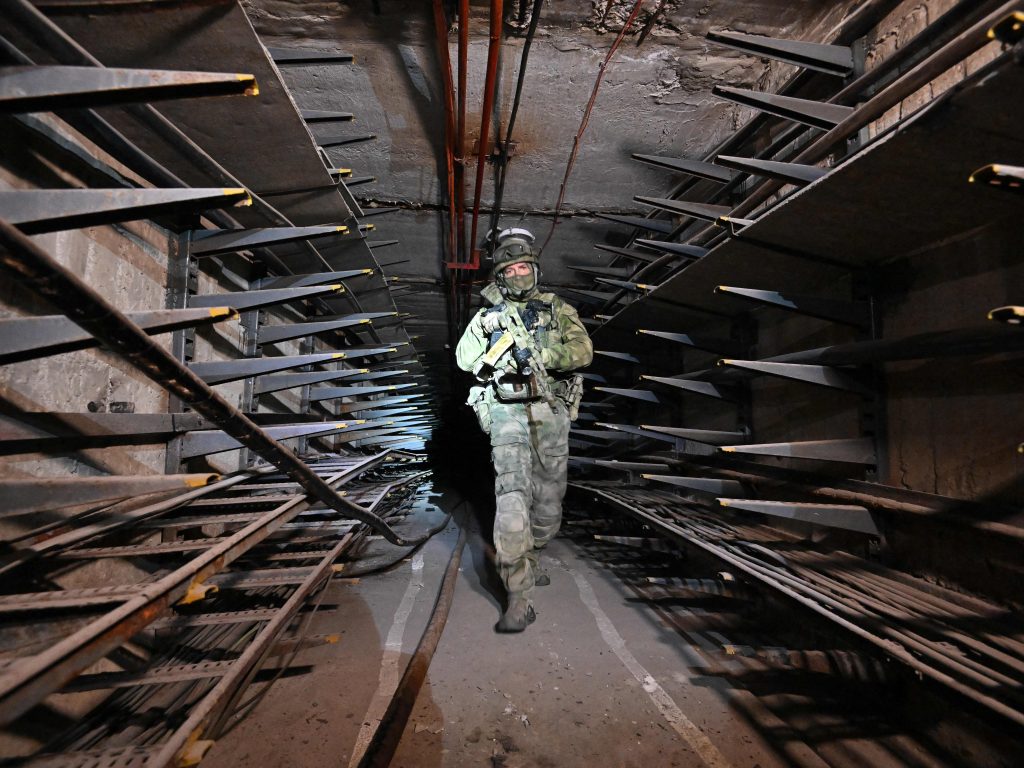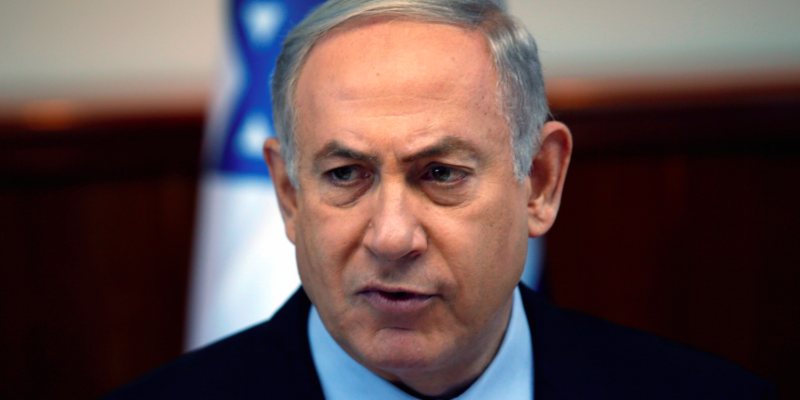- The UK predicted problems for Russia in equipping its forces.
- Intelligence officials said sanctions and "lack of expertise" would deprive Russia of advanced gear.
- It said that moves in Russia to massively increase defense spending would not fix the problem.
Russia is likely to struggle sustain its military through the grinding war in Ukraine because of difficulty producing equipment, British intelligence claimed on Tuesday.
In its daily update on the conflict, the UK's Ministry of Defence said Western sanctions and "lack of expertise" within Russia could hamper production.
—Ministry of Defence 🇬🇧 (@DefenceHQ) June 14, 2022
It highlighted high-quality optics and advanced electronics as areas where Russia was mostly likely to struggle, which it said could "could undermine its efforts to replace equipment lost in Ukraine."
The update said that a recent announcement of massively increased defense spending in Russia would only partially address the problems it predicted.
The update cited an announcement made by a Russian official who said he expected defense spending in 2022 to increase by 600-700 billion rubles ($10.5-$12.3 billion).
Last year Russia was the fifth biggest military spender in the world, slightly below the UK and India, although dwarfed by the US and China, according to Statista.
The update came after Russia's former Prime Minister Mikhail Kasyanov warned "if Ukraine falls, the Baltic states will be next," referring to Estonia, Latvia, and Lithuania.
Kasyanov also told AFP that Russian President Vladimir Putin looked "out of it" and behaved like a changed man in the days leading up to the Ukraine war.
The situation on the ground appears to be intensifying, with Ukraine's President Volodymyr Zelenskyy claiming the battle for Sievierodonetsk will be remembered as one of the "most brutal" Europe has ever seen.
Speaking during his nightly address to the nation, Zelenskyy said: "The human cost of this battle is very high for us. It is simply terrifying.
"The battle for the Donbas will without doubt be remembered in military history as one of the most violent battles in Europe."










